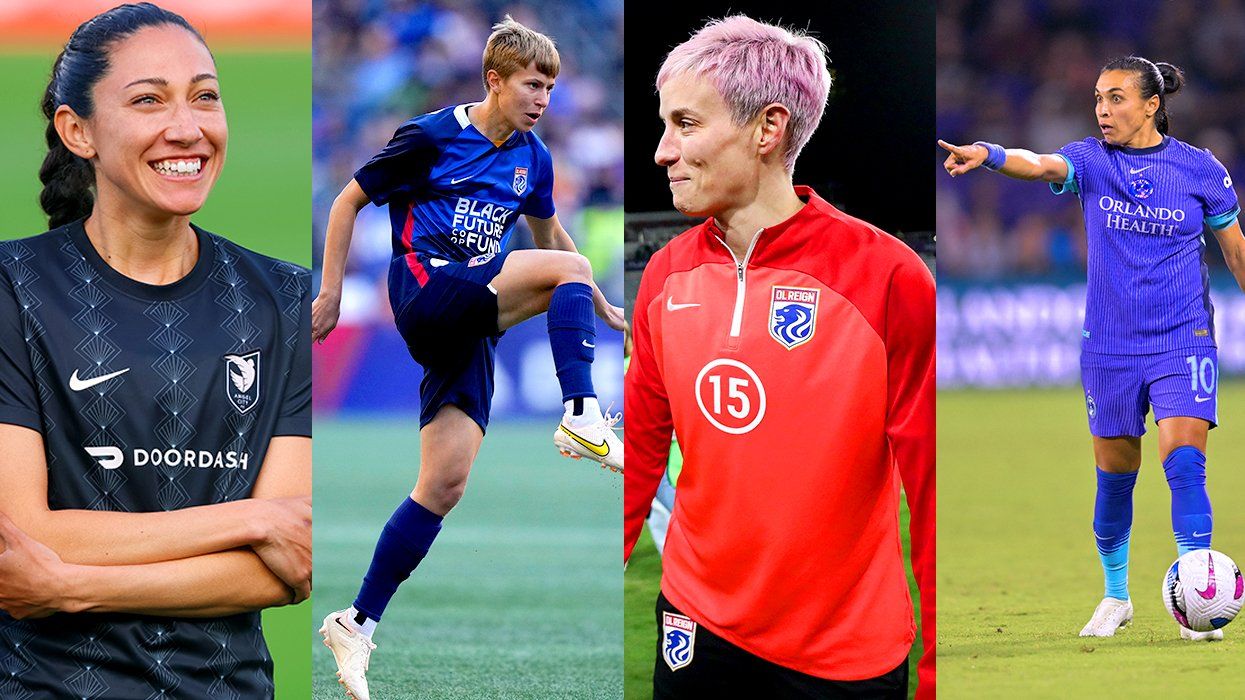Black Pride reaffirms our identity. And it dances to a different beat.
What started out in Washington, D.C., in 1990 as the only Black Gay Pride event in the country has grown to over 35 gatherings nationwide. Each year celebrations start in April and continue to October. Over 300,000 LGBTQ people of African descent rev up for a weekend of social and cultural events celebrating their queer uniqueness. In 2007 alone over 350,000 attended Black Gay Pride events throughout the U.S. The largest events are held in Washington, D.C., Los Angeles, and Atlanta, and smaller Black Pride events (like Boston’s) provide an important sense of identity and cultural heritage.
Sunday gospel brunches, Saturday night Poetry slams, Friday evening fashion shows, bid whist tournaments, house parties, the smell of soul food and Caribbean cuisine, and the beautiful display of African art and clothing are just a few of the cultural markers that make Black Pride distinct from the dominant queer culture.
Just like in the mainstream of American society, cultural acceptance and inclusion of LGBTQ communities of color in larger Pride events is hard to come by. Many can experience social exclusion and invisibility in the big events. Segments of our population will attend separate Black, Asian, and Latino Gay Pride events in search of the unity that is the hallmark of Pride.
The themes and focus of Black, Asian, and Latino Pride events are different from the larger Pride events. Prides of communities of color focus on issues not solely pertaining to the LGBTQ community, but rather on social, economic, and health issues impacting their entire community. The growing distance between our larger and white LGBTQ community and these LGBTQ communities of color is shown by how, for an example, a health issue like HIV/AIDS that was once an entire LGBTQ community problem is now predominantly a challenge for communities of color.
Also, with advances such as hate-crimes laws, the repeal of the military’s “don’t ask, don’t tell” policy, and the legalization of same-sex marriage in many states, and with homophobia viewed as a national concern, the LGBTQ movement has come a long way since the first Pride marches four plus decades ago. Many note the perceived distance the LGBTQ community has traveled in such a short historic time — from a disenfranchised group on the fringes of American society to a community now on the verge of equality. But not all members of our community have crossed the finish line. Some are waving the cautionary finger that within our community to note that not all are equal.
Pride events can be public displays of those disparities.
Mainstream Prides have themes focused on marriage equality for the larger communitym where Prides organized by and for LGBTQ people of African descent have focused not only on HIV/AIDS but also unemployment, housing, gang violence, and LGBTQ youth homelessness. After decades of Pride events where many LGBTQ people of African descent asked to be included and weren’t, Boston Black Pride was born. Boston Black Pride this year will not be a formal gathering of folks, nor will there be an array of scheduled festivities. But it will groove on as it always has for the community, with more individual and impromptu events.
By 1999 Black Pride events had grown into the International Federation of Black Prides, Inc. The IFBP is a coalition of 29 Black Pride organizations across the country. It formed to promote an African diasporic multicultural and multinational network of LGBTQ/ same-gender-loving Pride events and community-based organizations dedicated to building solidarity, health, and wellness and promoting unity throughout our communities. Also, in understanding the need to network and build coalitions beyond its immediate communities, IFBP created the formation of the Black/Brown Coalition.
Black Pride is an invitation for community. Like the larger Pride events that go on during the month of June throughout the country, Black Pride need not be viewed as either a political statement or a senseless nonstop orgy of drinking, drugging, and sex. Such an “either-or” viewpoint creates a dichotomy, which lessens our understanding of the integral connection of political action and celebratory acts of song and dance in our fight for our civil rights.
While Pride events are still fraught with divisions, they nonetheless bind us to a common struggle for LGBTQ equality.
Black Pride contributes to that struggle for equality, demonstrating an African diasporic aspect of joy and celebration that symbolizes not only our uniqueness, but it also affirms our commonality as an expression of LGBTQ life in America.
Happy Pride!
















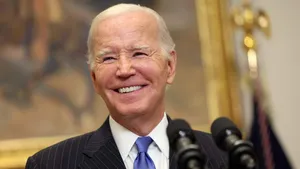






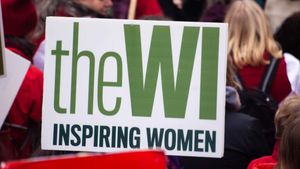





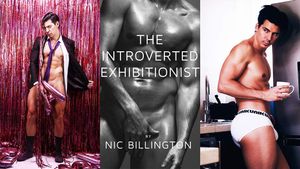







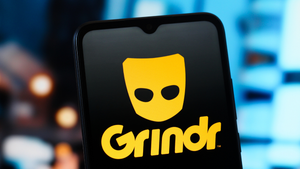








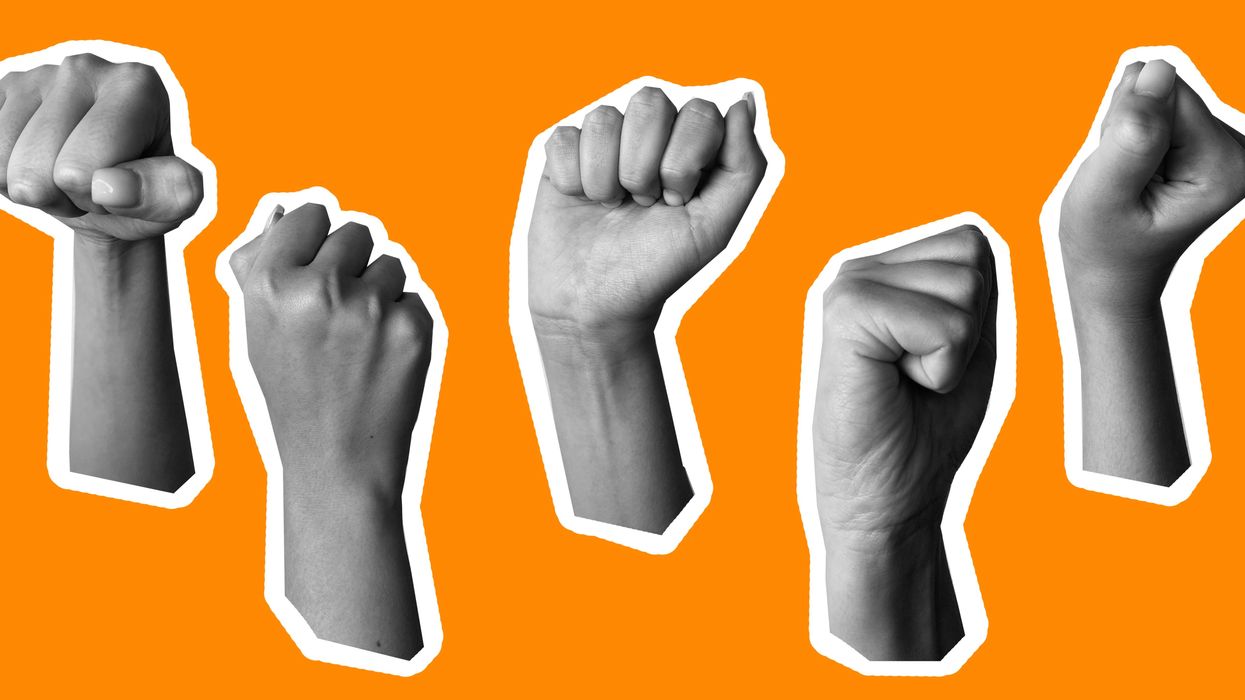
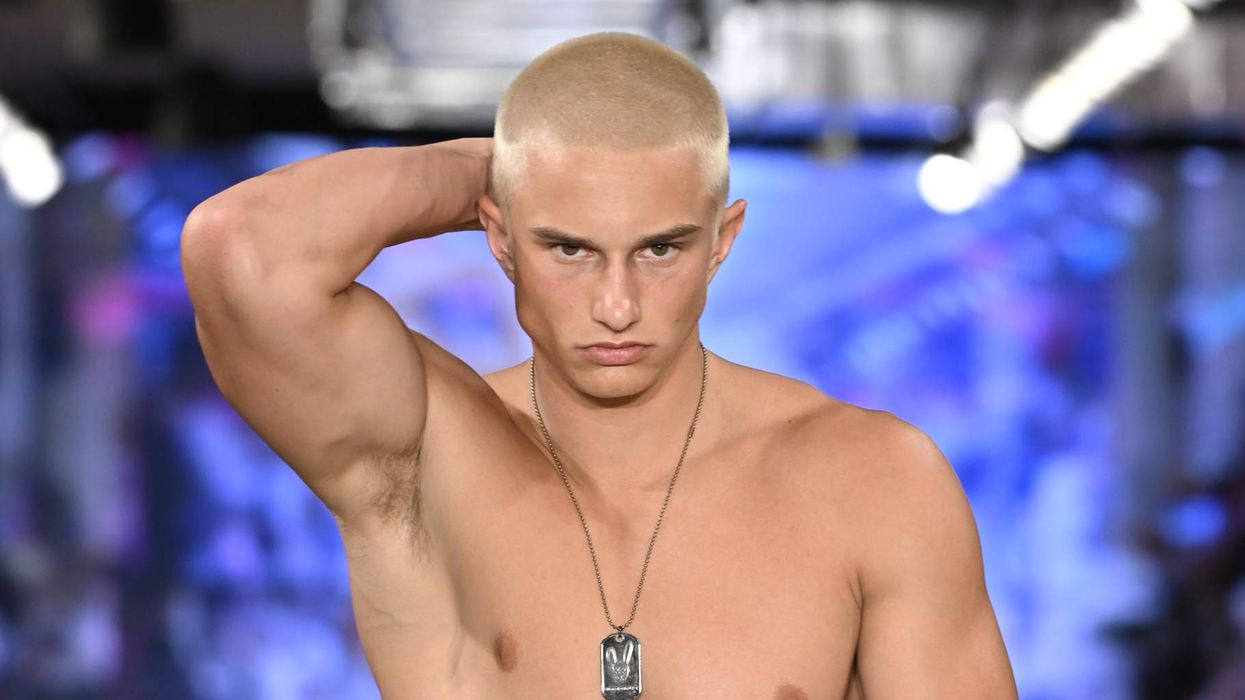
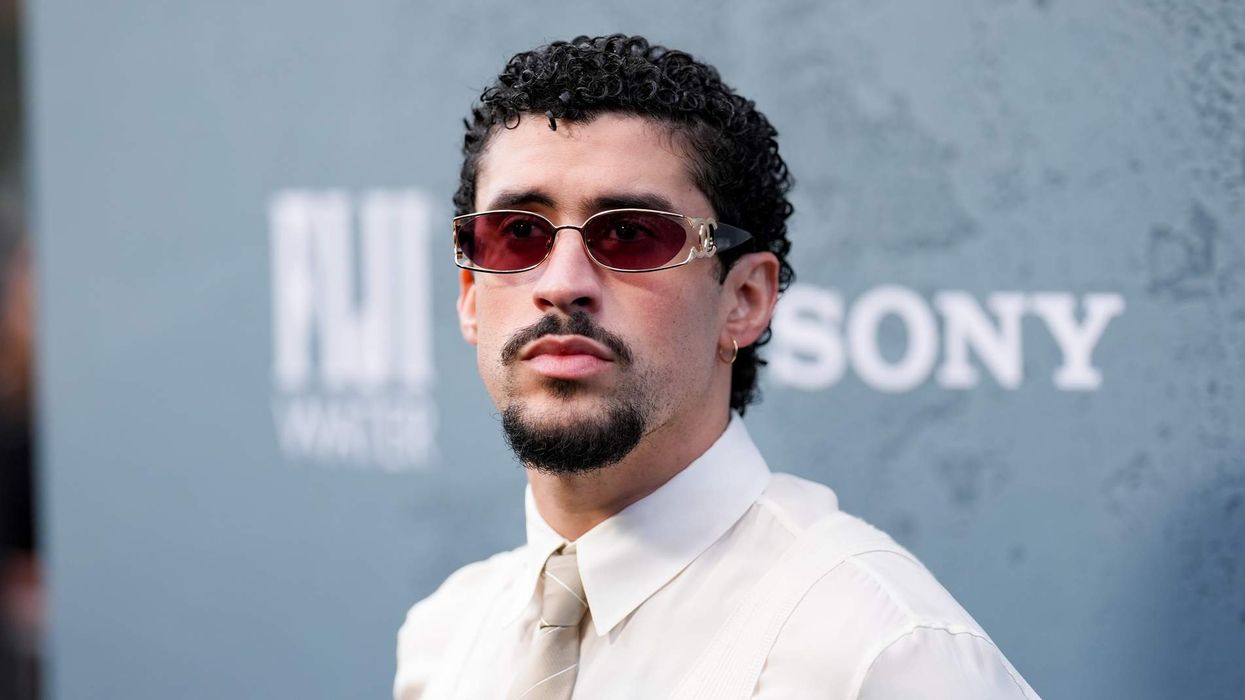
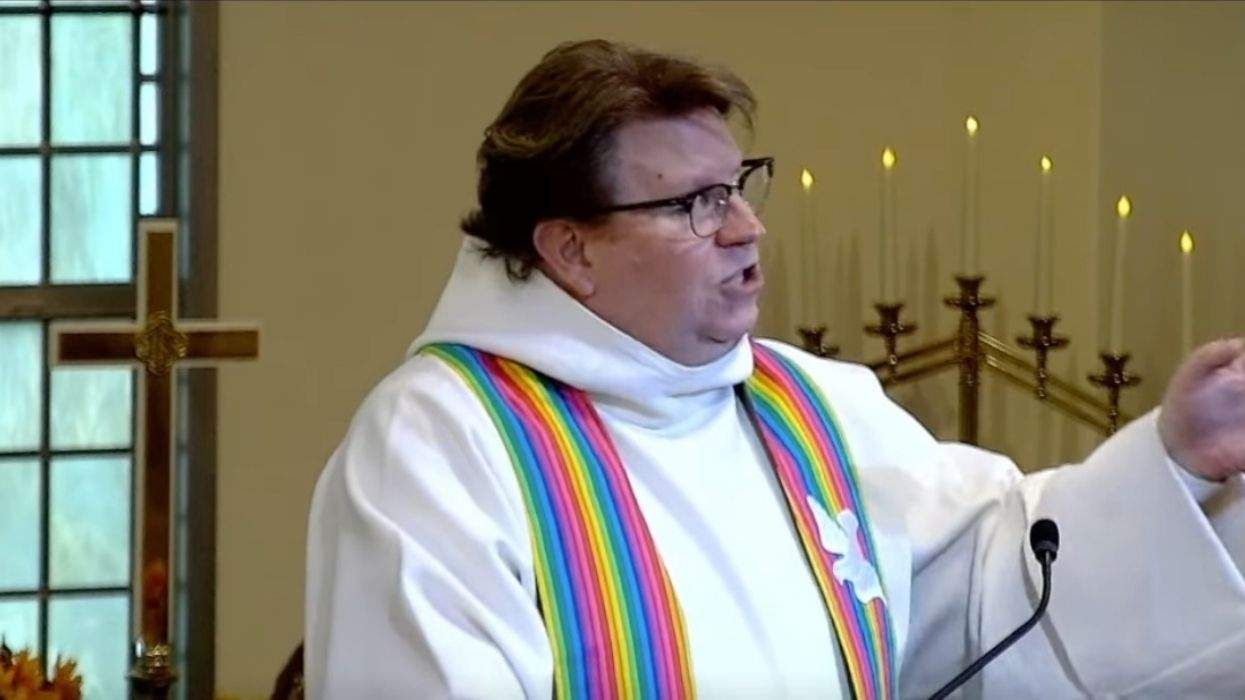
































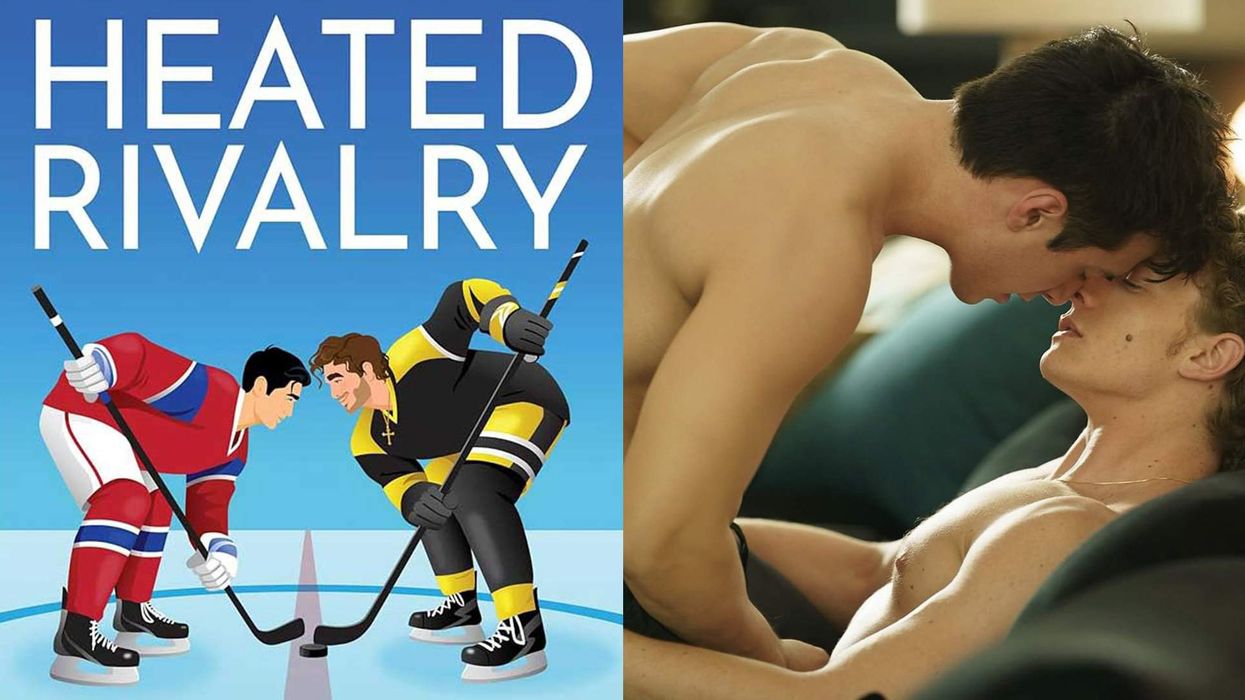


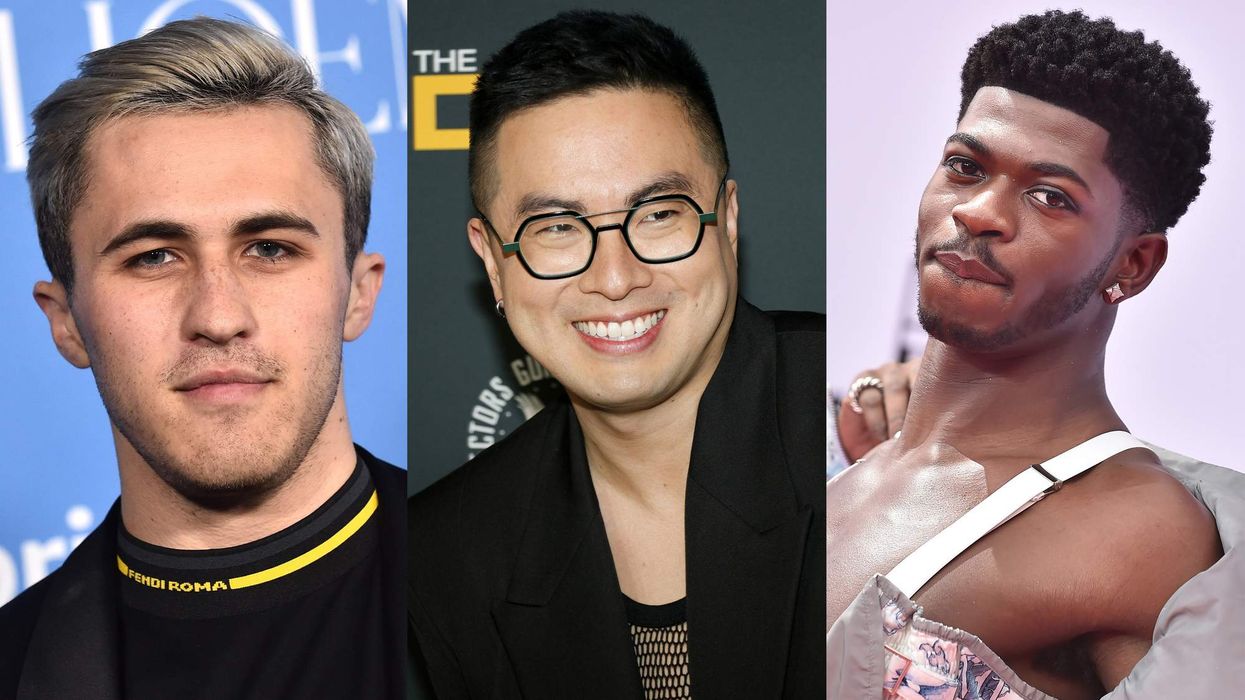

 Cindy Ord/Getty Images
Cindy Ord/Getty Images
























